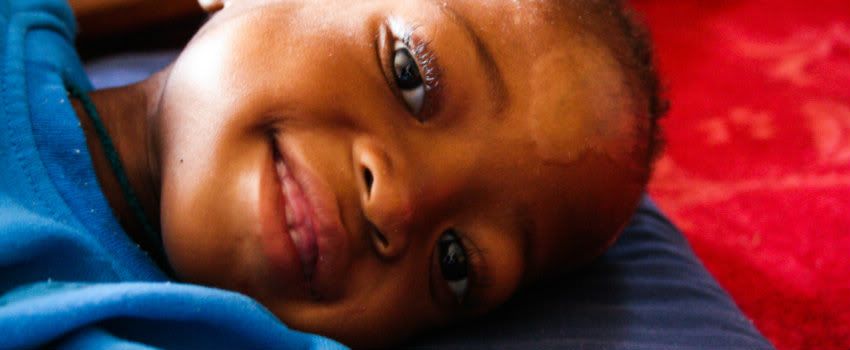There are days when the constant sun/wind combination in Lesotho starts to feel like too much.
This weekend I travelled with Nthabeleng just south of Maseru to Roma: the home of the National University of Lesotho. It was the annual graduation day at the university, and while I skipped both of my own university graduations, I was pretty excited to attend this one. A close friend of Nthabeleng’s was graduating and plus it was all anyone on the radio was talking about so it seemed safe to assume it was going to be a pretty big event. And it’s really no wonder - in a country where attendance rates in secondary school are only 16% for men and 27% for women, the fact that 2,700 people would be receiving university diplomas was a big deal.
We arrived at around 9:30 and the day progressed with lots of speeches, processions of graduates and the never-ending dancing and ululating of all the proud family members and friends in the crowd. It was great to see everyone dressed up in their finest for the celebration - which amongst the women was a mix of ‘western’ clothes, dresses made from traditional fabrics, and a smattering of classic bridesmaid dresses. The speeches all talked about the important opportunity these graduates have to support the development of their country, be entrepreneurs, and create job opportunities that will help bring their fellow Basotho out of poverty. While I have no idea how many graduates stay in Lesotho, and how many may choose to try their luck in South Africa or elsewhere, I am sure none of them lose their ties with their home. It is exciting to think that this group just might be the generation that will help to bring about some of the country’s much needed change, and at the very least they are a sign of progress.
But by about 2pm my excitement with the day was starting to wear thin. My water was long gone, I was covered with a thin layer of dust from spending the day in the middle of a field, and the hot sun was feeling pretty relentless. Luckily, the graduation came to an end about an hour later, but as we waited in the long-line of cars leaving the graduation, the sun continuing to beat down on the car, I had had about enough of the sun for the day.
And then there are days like today – when I remember at 4pm that I thought it would be a good idea to do a load of laundry over lunch time. And as I quickly pin up my washing on the line at the back of TTL’s property I know that even the last few hours of Lesotho sun accompanied by the wind off the mountains will be enough to give me clean dry sheets tonight. And that’s pretty amazing.













